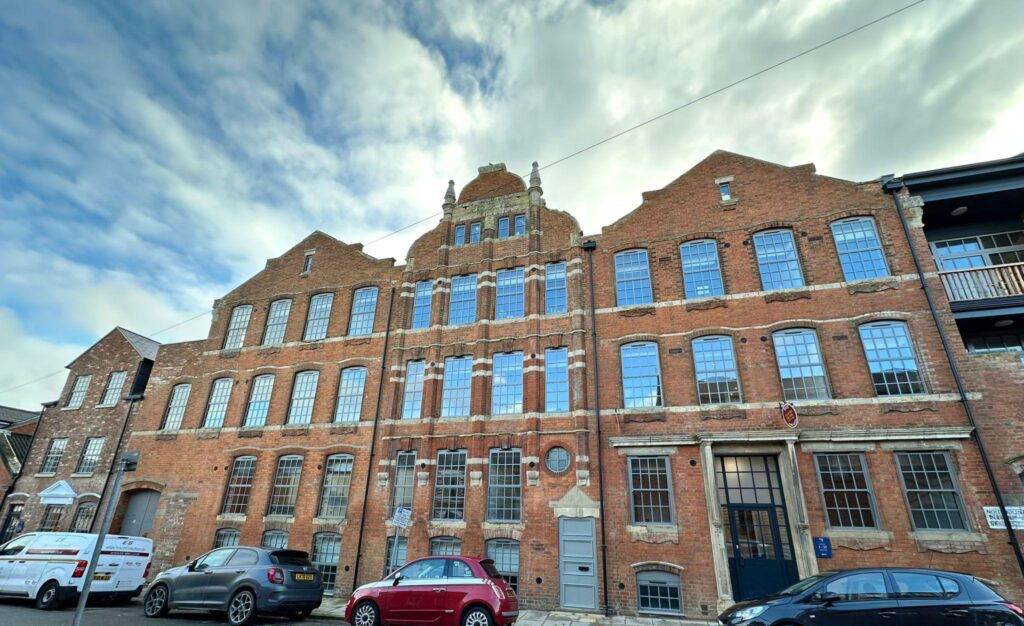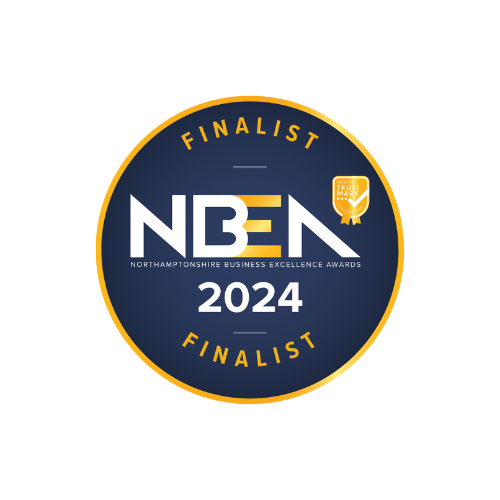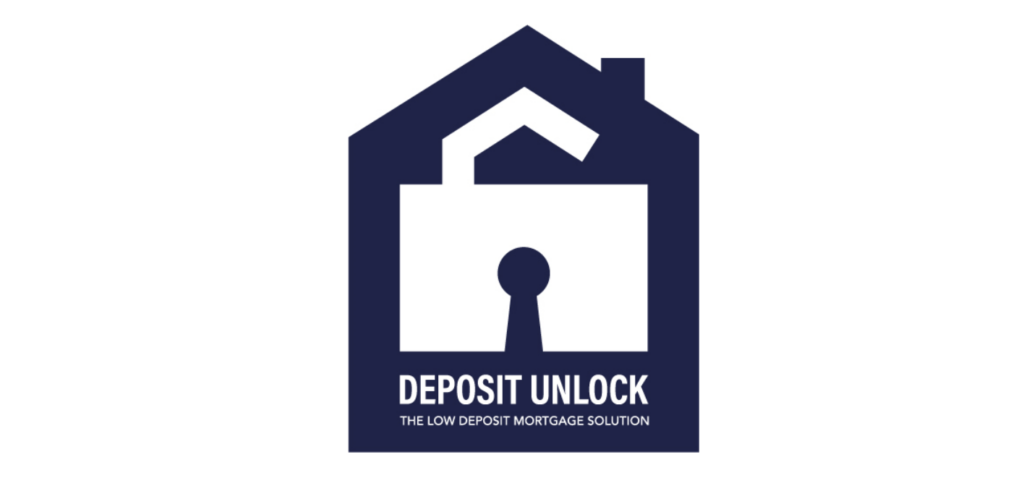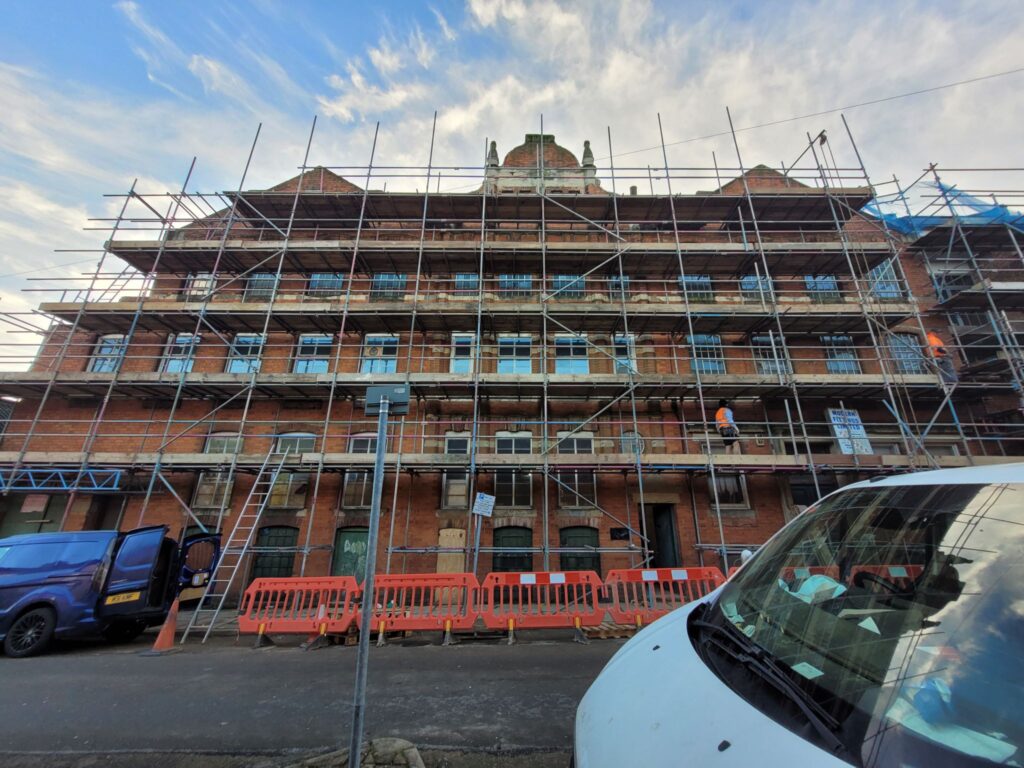Technology in construction
New technology within the construction industry is most definitely one of the trends to be looking out for moving into 2021. With the advancements being made, we can view a 3D room plan online within seconds. With Building Information Modelling, you are now able to visualise a plan whilst standing on the unfinished site. Having this at disposable, we are now able to minimise costs and accelerate the development timeline for more complex projects. Many construction companies are now jumping into the future as they are seeing the benefit of introducing these technologies to their processes.
Many construction companies around the world are already benefitting from 3D printing within the industry. A few of the benefits already identified from 3D printing are staff working hours, reduced waste and automated production.
With the integration of drones into the industry performing inspections in areas that could be potential dangers for human to carry out. They also allow us to survey large areas in an extremely short period of time. Not only will they increase productivity, but they also provide a safer environment which I am sure will continue to play an integral role with the future of the construction industry.
Higher material costs
With Brexit fast approaching and the thoughts of a weak pound, the cost of constructions materials will surely increase. As many construction materials are brought from overseas, this will inevitably influence the financial management and not a good one! Many businesses are already having to prepare for a shift in the cost of materials. There is also uncertainly with the import of goods as time scales and costs are currently increasing. Delivery delays are common however, due to the congestion at the UK ports, this could lead to project holds whilst the contractors and developers await their materials. With no materials to work with, site staff will also cease to work, adding additional labour costs to projects.
Future-proof and sustainable
Construction companies in recent years have had to deal with a growing number of far stricter environmental regulations. With this said, minimising carbon emissions and improved efficiency are a must. Construction companies will certainly need to keep the following areas in mind, moving into the future; Recycling old materials, reducing waste, energy efficiency and thermal performance.
The cost of wasted materials far exceeds simply hiring a skip. Businesses will need to account for the cost of construction materials that are wasted, labour hours handling the materials and any additional storage or disposal of the materials. Although this may be an on-going issue, it can certainly be managed by controlling the spending for resources that a project may not need.













